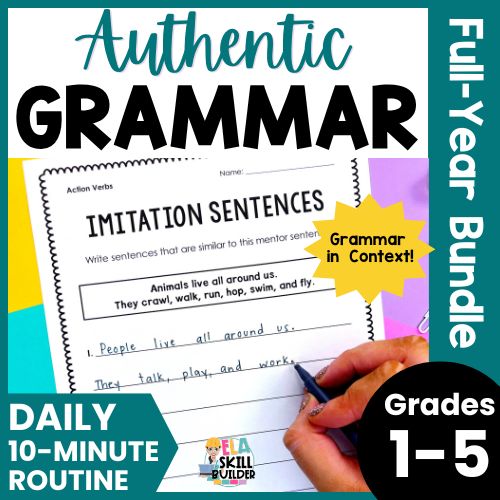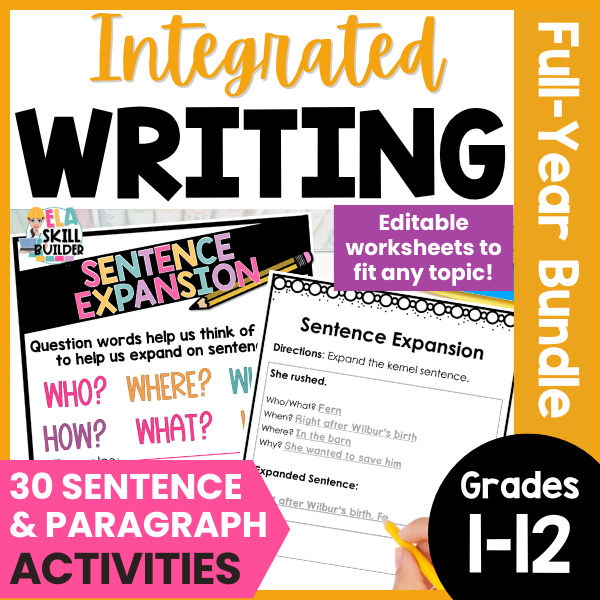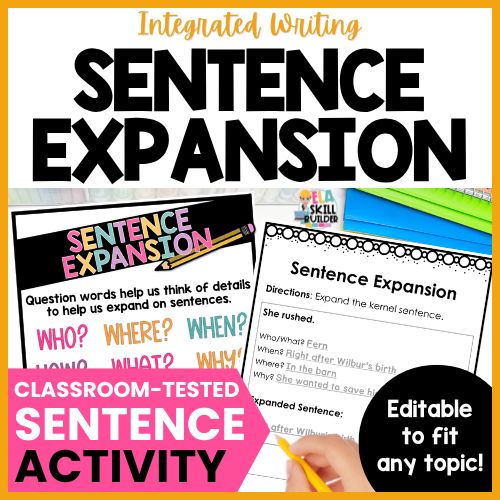
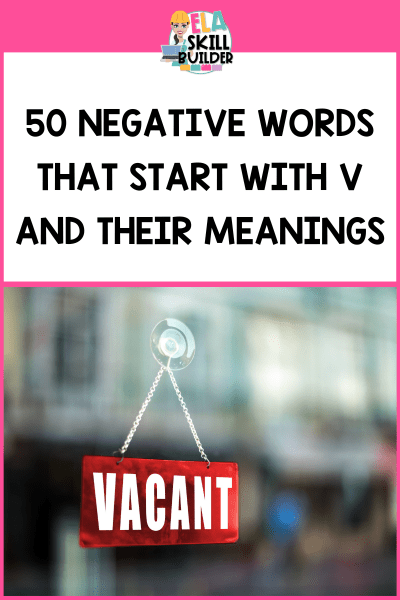
50 Negative Words That Start with V and Their Meanings
In this blog post we’ll explore negative words that start with V and their meanings. Knowing the right words to describe emotions can make a big difference in both writing and conversation. In the English language, words with a negative connotation can help us express strong feelings and strong emotions more precisely. While the mere use of negative words doesn’t mean we’re focusing on negativity, a thoughtful selection of negative words gives us the ability to convey character traits and emotions with depth and clarity.
These words aren’t just for creative writing or academic purposes—they’re useful in regular conversation too. Whether you’re looking to express sadness or describe complex feelings, knowing a few new words can make all the difference. And the best part? Learning these words can be lots of fun as you discover different meanings that add nuance to your communication. Join me as we dive into this collection of words, and see how they can enhance your constructive communication and help you achieve a more balanced positive tone when needed.

Full List of Negative Words that Start with V
In the following list, we’ll explore negative words that start with V and have negative connotations. For convenience, we’ve categorized them into different groups, so you can easily find words that describe personality traits, emotions, actions, and adverbs. Example sentences are also included to show how each word is used in context.
Writing Opt-In (Delete this heading!)
20 Negative Descriptive Adjectives that Start with V
These negative descriptive words that start with V include a list of adjectives that describe personality traits, emotions, or moods, helping students express more specific characteristics. Here is a list of 25 of the most common adjectives that start with V.
- Vague – The vague description of the particular house made house shopping a frustrating experience.
- Vacant – The vacant room had little gems of potential hidden under its dusty floors.
- Venomous – The venomous snake in the forest is best avoided to ensure safety.
- Vapid – His good taste in books didn’t extend to the vapid novel he recommended.
- Vicious – The physical force used by the vicious attacker left the victim terrified.
- Vindictive – Her vindictive behavior stemmed from bitter criticism she couldn’t let go of.
- Volatile – The volatile market created undesirable situations for small investors.
- Villainous – The villainous character had an insatiable appetite for destruction and chaos.
- Vile – The vile smell in the abandoned house made house shopping feel unbearable.
- Vain – Her excessive pride made her focus on vain pursuits rather than meaningful work.
- Voracious – His insatiable appetite for books made him the top customer at the library.
- Vacillating – His vacillating opinion on a settled home left his family uncertain about moving.
- Venal – The venal medical practitioner prioritized money over patient care.
- Vulnerable – The abandoned puppy looked so vulnerable it melted the new boss’s heart.
- Vehement – Her long-time feud with her neighbor resulted in a vehement argument in court.
- Vacuous – The vacuous film lacked substance despite being marketed as one of the best things.
- Violent – The violent outburst shocked everyone in the room.
- Vexatious – The vexatious delays caused the passengers to miss their connecting flights.
- Vacillatory – His vacillatory behavior made it difficult for the team to proceed confidently.
- Vengeful – Her vengeful attitude led her to make impulsive, harmful decisions.
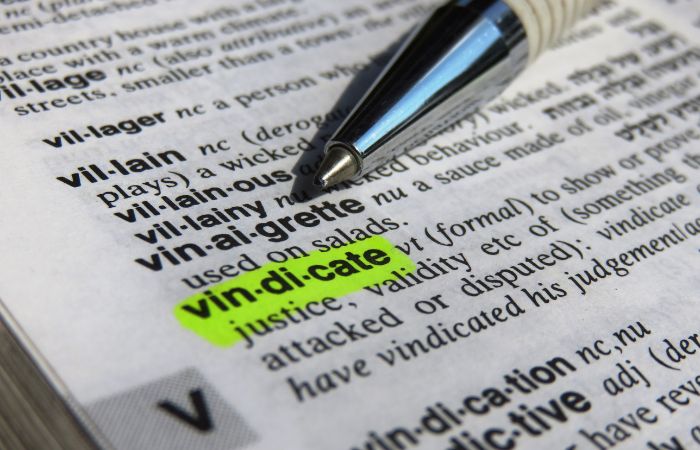
These common adjectives provide a detailed way to describe various negative traits and behaviors. Understanding these negative words that start with V can help students recognize and articulate more specific emotions and characteristics in themselves and others.
15 Negative Action Words that Start with V
These negative words that start with V describe actions that may be harmful or undesirable, perfect for character analysis or story development.
- Vanish – The magician made the coin vanish right before our eyes.
- Vibrate – The phone began to vibrate on the table, signaling a new message.
- Venture – She decided to venture into the unknown and start her own business.
- Validate – The lawyer worked hard to validate his client’s alibi with evidence.
- Vex – The constant delays on his flight began to vex him.
- Vouch – I can vouch for her reliability after working together for many years.
- Vocalize – The singer used her powerful voice to vocalize her emotions through the song.
- View – From the mountaintop, we could view the entire valley below.
- Verify – The manager asked the assistant to verify the accuracy of the data before submitting it.
- Vanquish – The underdog team was vanquished by the stronger opponents in the final game.
- Vacillate – She vacillated on whether to accept the job offer, unsure of the best decision.
- Vindicate – The evidence presented during the trial did not vindicate the accused, as it only increased suspicion.
- Vilify – The media often vilified the politician, making it difficult for him to defend his actions.
- Vandalize – The teenagers vandalized the old building by spray painting graffiti on the walls.
- Vitiate – The new regulations vitiated the effectiveness of the once successful program.
The use of words in this section highlights how negative words that start with V can describe harmful actions, aiding in character analysis and storytelling. These negative words that start with V help students portray negative behaviors and add depth to their writing.
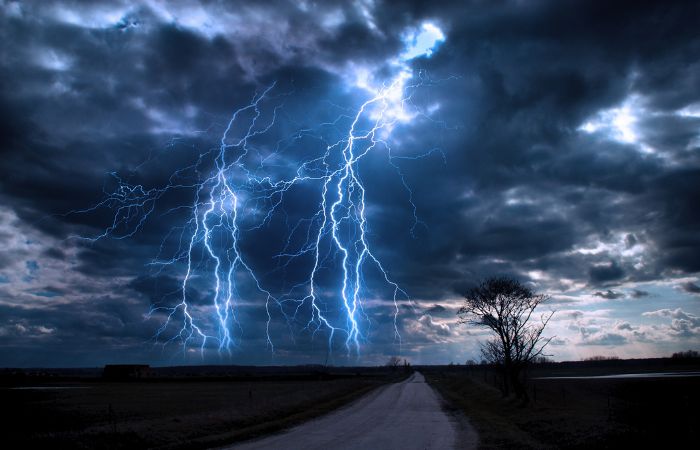
15 Negative Adverbs that Start with V
Negative words that start with V can be a powerful tool for describing actions and behaviors in writing. By incorporating these negative adverbs into their vocabulary, students can add more depth and emotion to their stories, helping to convey a stronger sense of negativity or discomfort.
- Vaguely – She vaguely remembered the details of the conversation, but nothing specific came to mind, which made it difficult to recall the great way the story ended.
- Violently – The storm shook the house violently, causing windows to rattle.
- Vehemently – He vehemently denied any involvement in the incident, despite the evidence, showing a strong desire to protect his reputation.
- Vainly – She vainly tried to change his mind, but he remained stubborn, as her best friend watched, offering little support.
- Visibly – He was visibly upset after hearing the bad news, and it affected his regular work routine for the entire day.
- Vexedly – She sighed vexedly, realizing the mistake couldn’t be undone.
- Viciously – The dog snarled and barked viciously at anyone who got too close.
- Vulnerably – He stood vulnerably in front of the crowd, unsure of their reaction.
- Vacantly – She stared vacantly at the blank page, unable to concentrate.
- Vapidly – The lecture was delivered so vapidly that most of the students tuned out.
- Volatily – The stock market behaved volatilely, with huge swings every hour.
- Venomously – He spoke venomously about his rival, making sure to include hurtful comments.
- Vicariously – She lived vicariously through her friends’ exciting stories, feeling jealous and left out.
- Vindictively – She laughed vindictively when she saw her opponent’s misfortune.
- Vacuously – He smiled vacuously, not understanding the complexity of the situation.

Conclusion
In conclusion, delving into 50 Negative Words That Start with V provides a fantastic opportunity to broaden your vocabulary and communicate with greater precision. These words offer a rich variety of expression, from capturing subtle nuances of emotion to conveying intense reactions.
When you need to describe a strong feeling or a strong emotion, this collection of words is a powerful tool in your linguistic toolbox. Whether you’re writing creatively or engaging in thoughtful conversation, these words add depth and nuance that can elevate your communication.
The inclusion of unusual words and obscure words in this word list opens up exciting possibilities for both writing and speech. These creative ways of expressing yourself can take your language skills to the next level, allowing you to find vivid descriptions that truly capture a situation’s essence.
Moreover, many of these words can enhance your everyday language and become favorite words for storytelling or even casual conversations. By incorporating them into your vocabulary, you can better articulate complex emotions and reactions in your daily interactions, enriching your communication and making it more effective.
Mastering these words can also improve your ability to connect with your audience, whether you’re crafting a compelling narrative, delivering a strong argument, or simply conveying a thought. With the right word choices, you can always find the perfect balance between precision and creativity in both writing and speaking.
Full-Year Grammar & Writing Curriculums
Check out these best-selling grammar and writing resources for grades 1-5! Aligned with elementary language and writing standards, these materials offer systematic and explicit instruction to help your students become confident, independent writers.

Related Posts
How to Run a Writing Workshop in Elementary


Hey Teachers,
I'm Jen from
ELA Skill Builder!
My mission is to empower elementary teachers like you with the tools and confidence to teach writing effectively, so your students can grow into strong, capable writers.
Best Sellers!
Writing resources
Features explicit writing workshop lessons for narrative, informational, and opinion writing.
Grammar resources
Features a simple weekly routine that teaches grammar in context in just 10 minutes a day.
writing prompts
Features 810 prompts designed to strengthen paragraph writing skills all year long!
cross-curricular writing
Features 30 sentence and paragraph activities inspired by The Writing Revolution that fit any subject.
coupon code
Get 15% off Your First Purchase
free lessons!
Grab 5 free prewriting lessons to kick off your narrative writing unit – all materials included!
jOIN A COMMUNITY
writing training
Features 4 hours of video lessons designed to help you run a structured, effective, and engaging writing block.
free gramamr routine!
Features a free 5-day routine for teaching any grammar skill in context, in just 10 minutes a day!
free SENTENCE ACTIVITY
Features a free, editable sentence activity that helps students expand sentences for any topic.
contact jen!
Got questions? Fill out this contact form, and I’ll get back to you as soon as possible.




